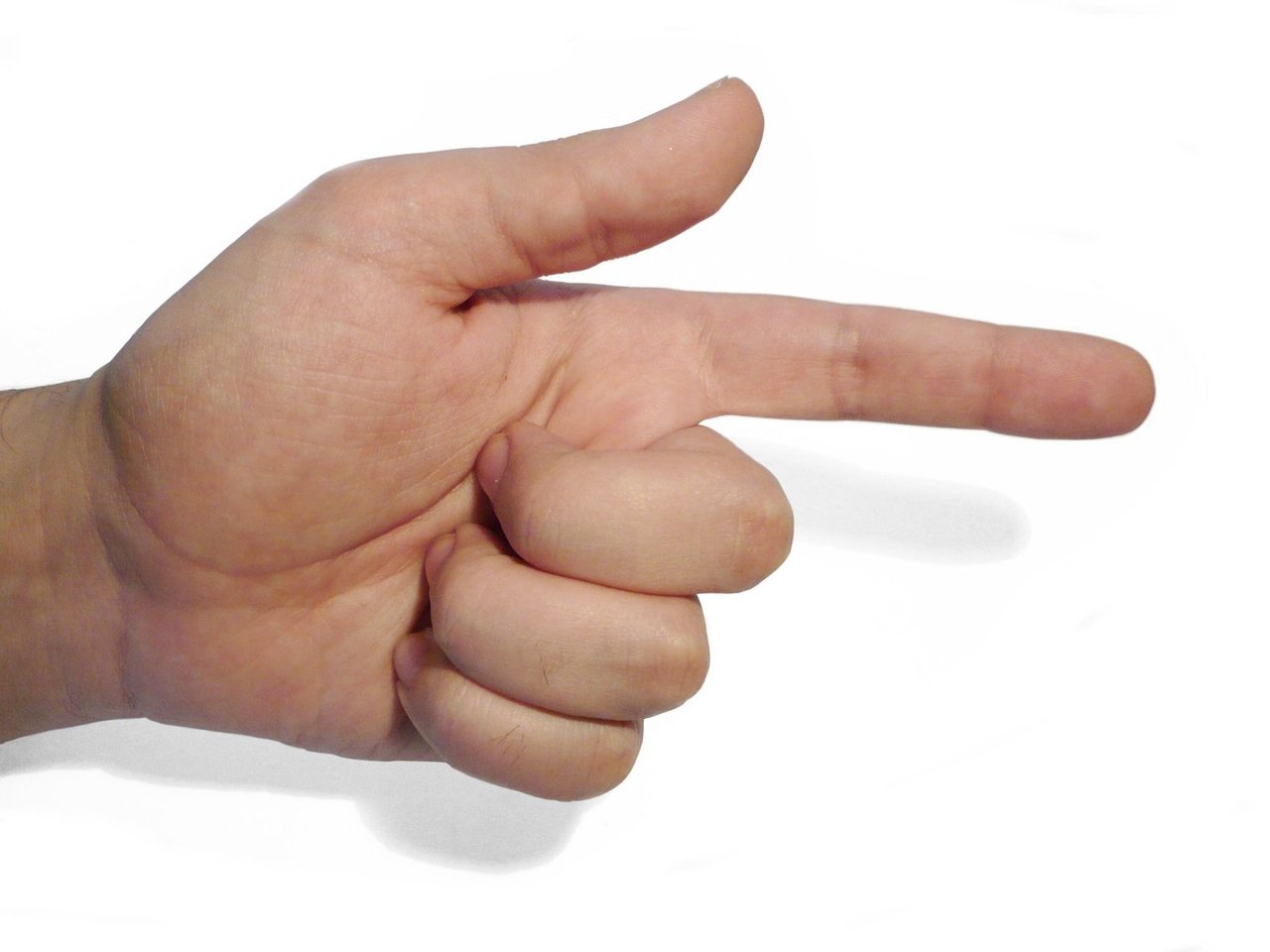
You don’t like to feel bad. It’s normal. It’s built into your system.
Bad feelings automatically signal ‘danger’ to your brain, and it’ll prepare you for fight or flight. Question of survival.
We’re primitive that way.
Trouble is, when it kicks in, many of us are not aware that we’re being primitive. We feel bad and start looking around for the culprit. Feeling we have every right, why else would we be feeling bad? Something or somebody must be causing it, right?
Nope.
Something or somebody may be triggering it.
But what’s causing it, are your own thoughts.
Always.
Everyone may find it perfectly acceptable when you say you’re in a bad mood because it’s been raining all week. But the rain is not causing your mood. Your mood is caused by your resistance to the weather and the thoughts you are having (“I wanted to go sailing but fat chance in this weather, and every time I walk the dog I come home soaking wet and my hair is ruined…”). You may not be aware of it, but you can choose how you think and consequently feel about circumstances – and consequently react to them (or choose not to react).
Always.
The trouble with the blame game is, that it may set you out on a never ending quest to change people and circumstances to suit your taste and requirements.
You are setting yourself up for failure.
The only thing you have influence on, are your thoughts and emotions. And the good news is: those are exactly the things you should be influencing in order to feel better.
So what can you do?
Whenever you feel bad: stop, sit, breathe, turn inward. What thoughts are going through your mind? What are you telling yourself about this situation? What are you choosing to believe? How would you feel if you chose to give up this thought, this belief? Can you be simply curious about your thoughts and feelings, rather than accepting them as the truth?
Agreed, in some cases, this is extremely difficult. Some events are simply hard – I’m not talking weeklong rain, but terrorist attacks, severe personal losses etc. Still, in those cases too, it doesn’t help to play the blame game. It won’t change the situation, it won’t change how you feel, it just keeps you stuck and feeling powerless, focussing on things you have no control over. But in dealing with those big things, rather than going straight to examining your thoughts and beliefs, another step may be required first: self-compassion. Acknowledging and taking care of the hurt, the loss, the powerlessness.
Hurt and its lesser forms (irritation, indignation) always need to be taken care of by you.
Blaming is just a way of not dealing with your own pain.

